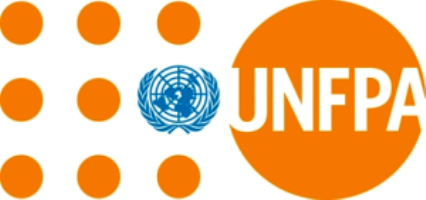The United Nations Population Fund (UNFPA) has handed over 20,000 family planning commodities to the Bauchi State Government in a major step to improve access to reproductive health services across the state.
Speaking during the official handover ceremony at the Central Medical Stores in Bauchi, UNFPA Assistant Representative in Nigeria, Mr. Dashe Dasogote, revealed that the procurement of the commodities—which include Implanon implants and injectables—was fully funded by the Bauchi State Government.
“This handover marks a significant milestone in strengthening the family planning funding landscape in Bauchi State,” Mr. Dasogote said. “It reflects the government’s strong commitment to sustainable, affordable, and quality reproductive health services, in line with the National Guidelines for State-Funded Procurement of Family Planning Commodities launched by Governor Bala Mohammed in 2023.”
He commended the state’s efforts toward achieving UNFPA’s transformative goals: ending unmet needs for family planning, ending preventable maternal deaths, and eliminating gender-based violence and harmful practices. He also noted that investing in family planning is one of the best development returns, with studies showing an estimated $8.40 benefit for every dollar spent.
Receiving the commodities on behalf of the Bauchi State Commissioner for Health and Social Welfare, Dr. Sani Mohammed Dambam, the Director of Public Health, Abdullahi Dan-Asabe, applauded the government’s timely release of health sector funds, which he said has significantly improved health outcomes in the state.
Also speaking, the Executive Chairman of the Bauchi State Primary Health Care Development Board, Dr. Rilwanu Mohammed, confirmed that the commodities would support the state’s 2024 family planning programme and meet the growing demand for modern contraceptives, especially in rural areas.
“People in Bauchi, including men, have come to embrace family planning and are actively requesting these services. We are already working toward securing funding for the 2025 procurement to avoid any stockouts,” he said.
Dr. Mohammed added that the state has made considerable progress in institutionalizing family planning efforts by establishing a dedicated Advocacy and Technical Working Group, developing a family planning tracker, and coordinating last-mile distribution of commodities in collaboration with UNFPA.
He appealed for continued support and timely delivery of commodities in future procurements.
According to the 2023 Nigeria Demographic and Health Survey (NDHS), Bauchi State has a high total fertility rate of 6.5%, an unmet need for family planning of 22.2%, and a low modern contraceptive prevalence rate (mCPR) of 10.6%.
The newly received commodities are expected to ease the burden on women seeking reproductive health services and contribute to reducing maternal mortality and gender-based violence in the state.
By Lizzy Carr


